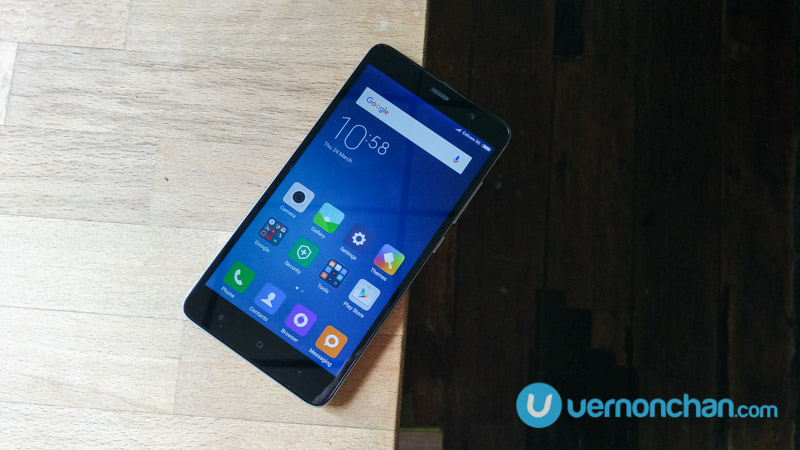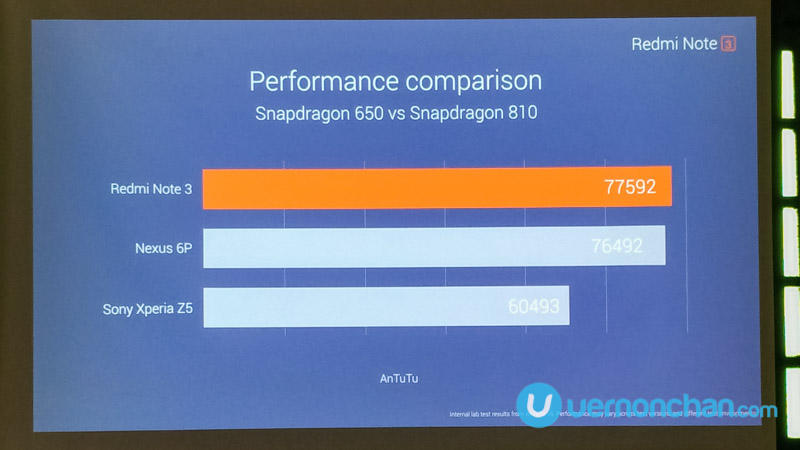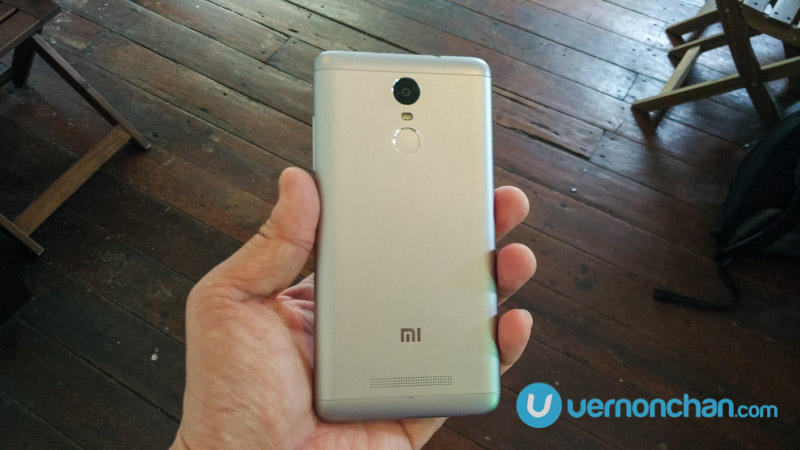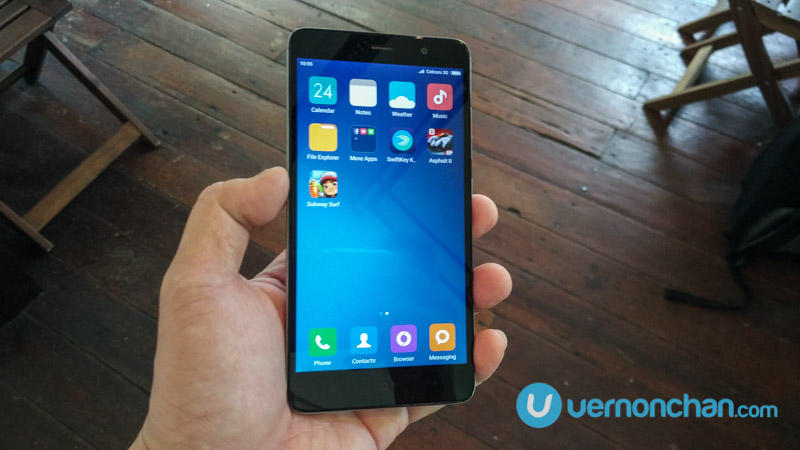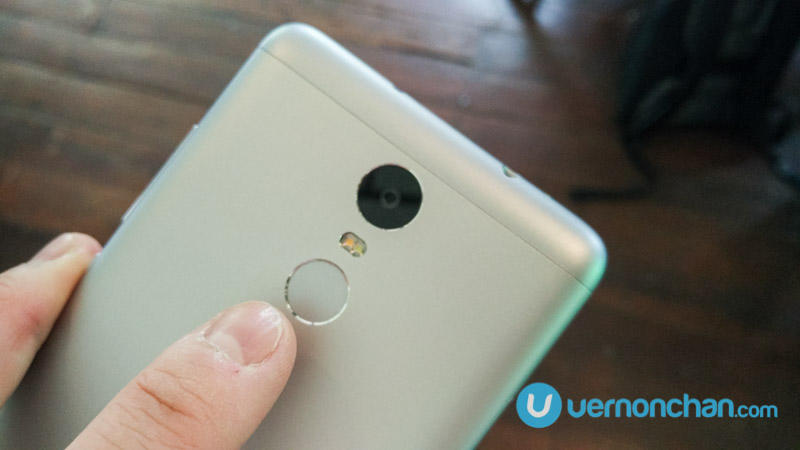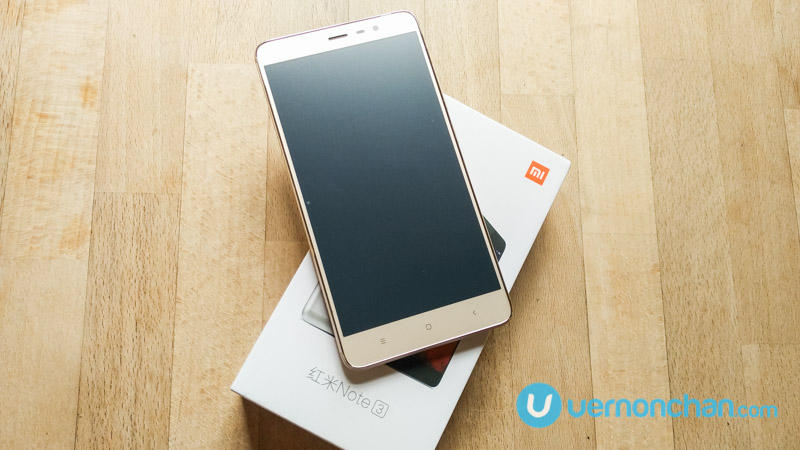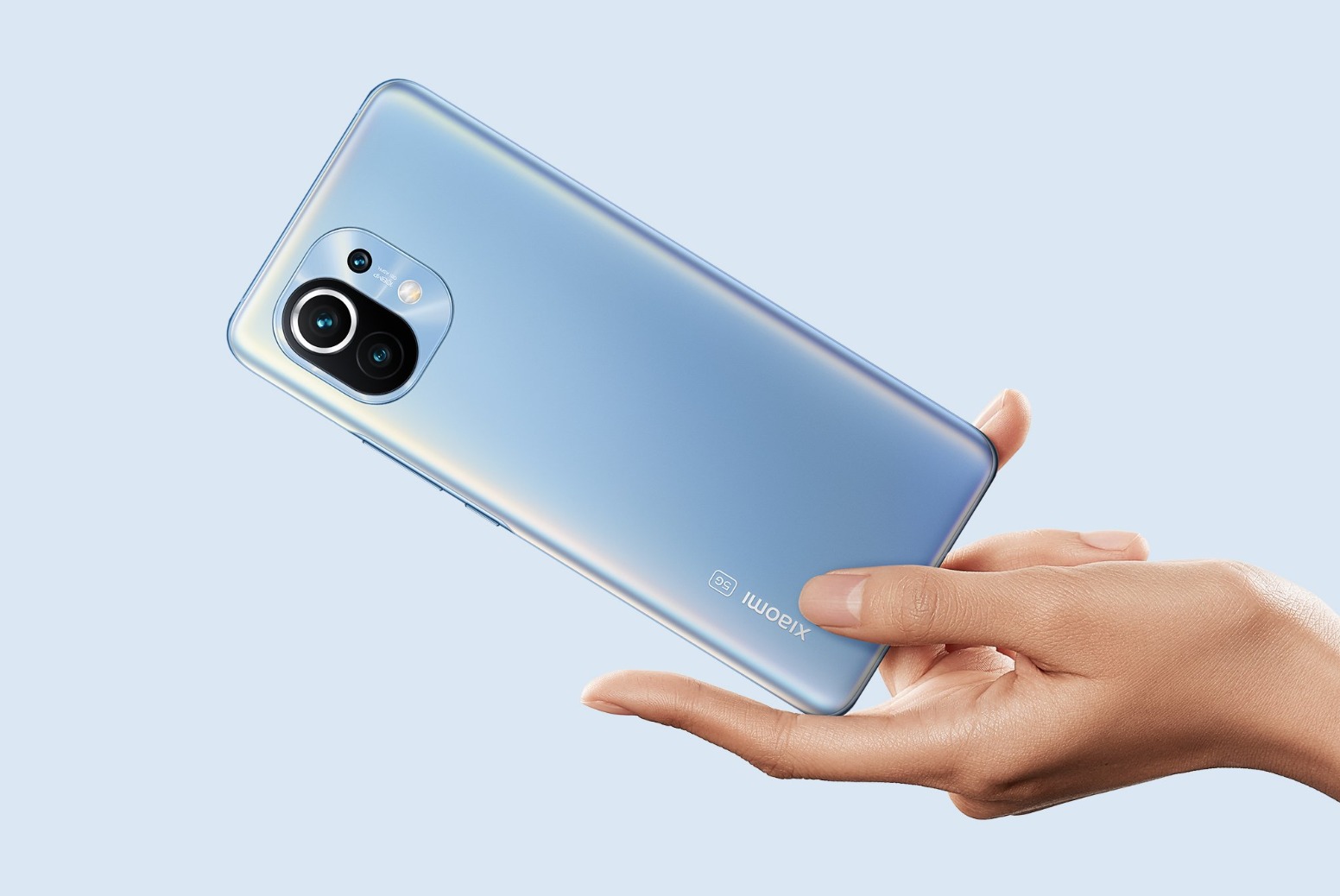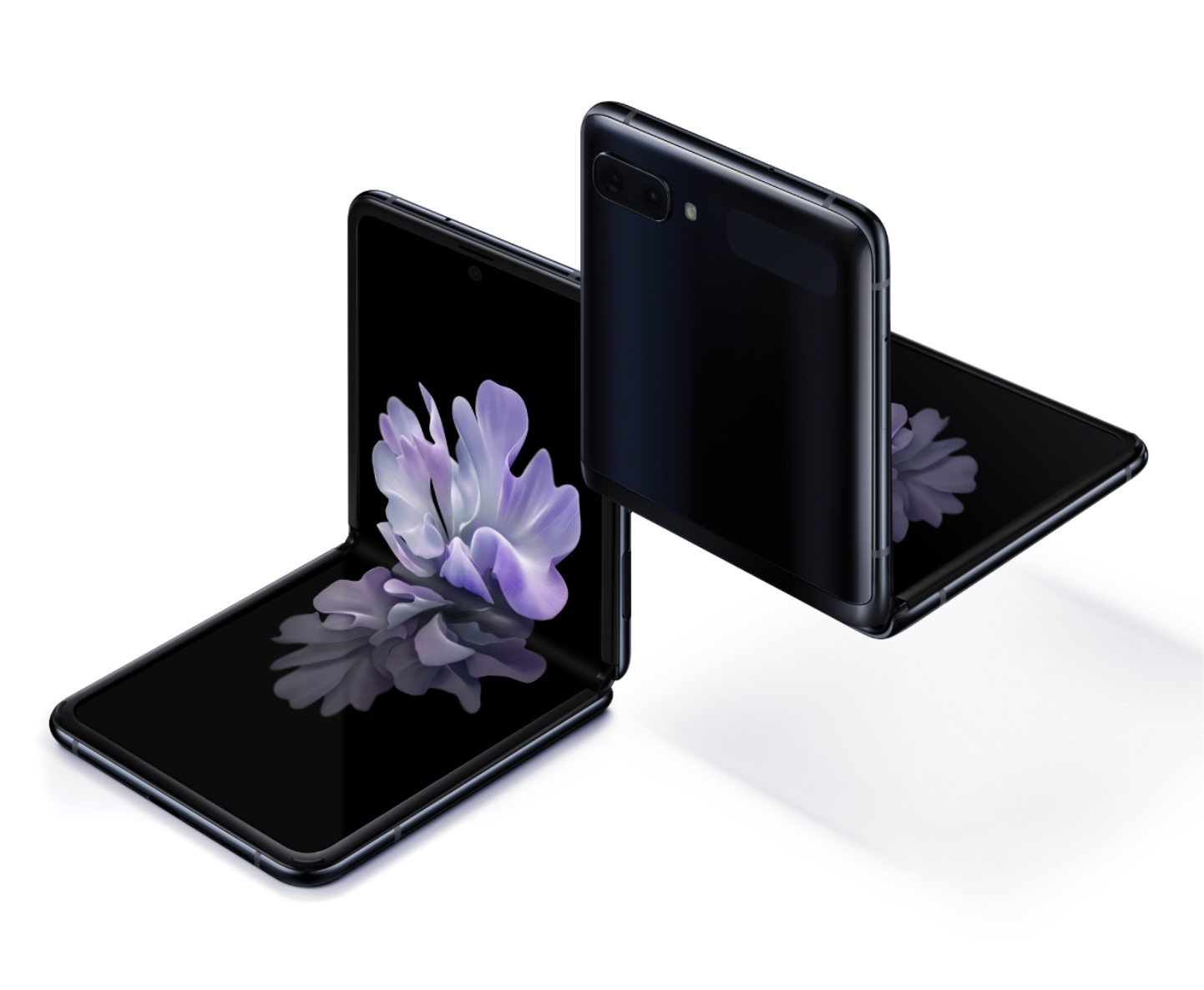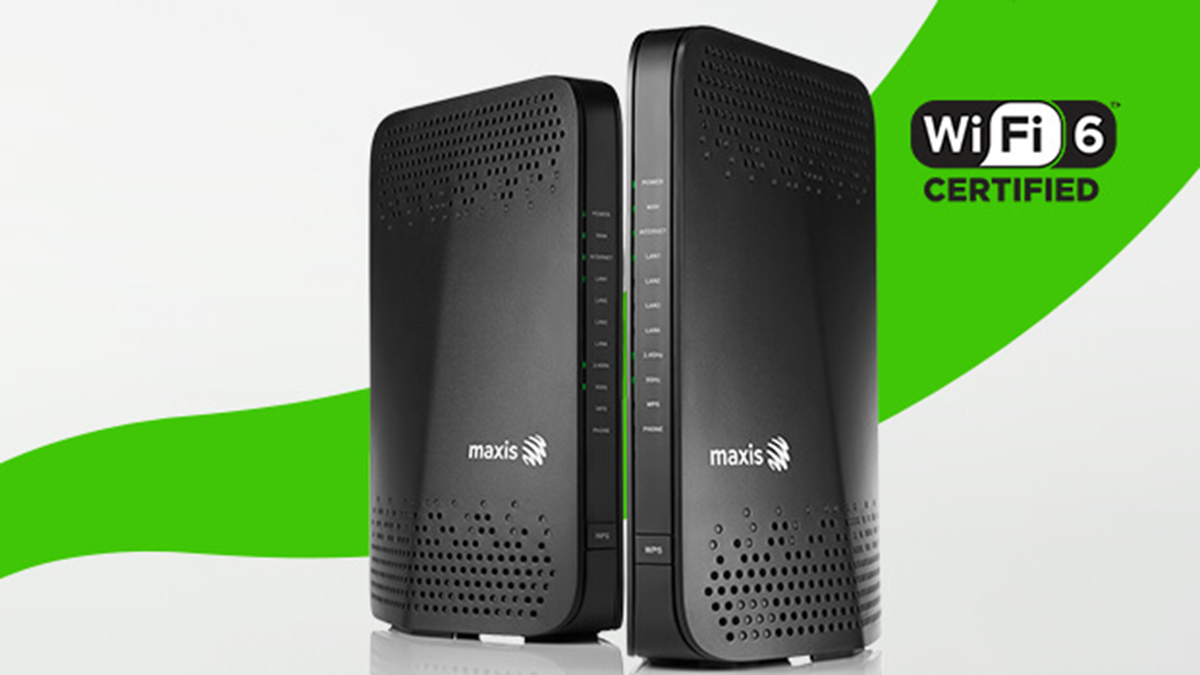Spec galore
To recap, the Redmi Note 3 is clad in metal, with a 5.5-inch Full HD IPS display on the front. It gets a fingerprint sensor on the back, the first Xiaomi smartphone to sport this bio-authentication feature.
Under the hood, there’s a powerful Qualcomm Snapdragon 650 coupled with an Adreno 510 GPU. There are two variants of the device – 2GB RAM/16GB storage option, and a 3GB RAM/32GB storage option. Both include a microSD slot for further storage expansion.
It’s a dual-SIM, dual 4G LTE device, supporting the upcoming VoLTE. It also packs Bluetooth 4.1, Wi-Fi 802.11acm Wi-Fi Direct and micro-USB OTG 2.0.
On the camera front, it sports an impressive 16MP f/2.0 main shooter with PDAF and dual-tone LED flash. The front gets a 5MP f/2.0 selfie camera.
Keeping it juiced is a massive 4,050mAh that is claimed to power the Redmi Note 3 for more than a day. Xiaomi quotes over 10 hours of video play, and 7 hours of gaming.
First impressions
On first impressions, the Redmi Note 3 looks and feels more expensive that it actually is. A quick pat on the back for Xiaomi – for dumping the cheap plastics for an elegant metal finish. It’s not the thinnest smartphone out there, but the good thing is – no camera bump (if you’re OCD like that).
I do like the placement of the fingerprint sensor on the back, the second most natural placement apart from having it on the right side (for the thumb ala Xperia Z5).
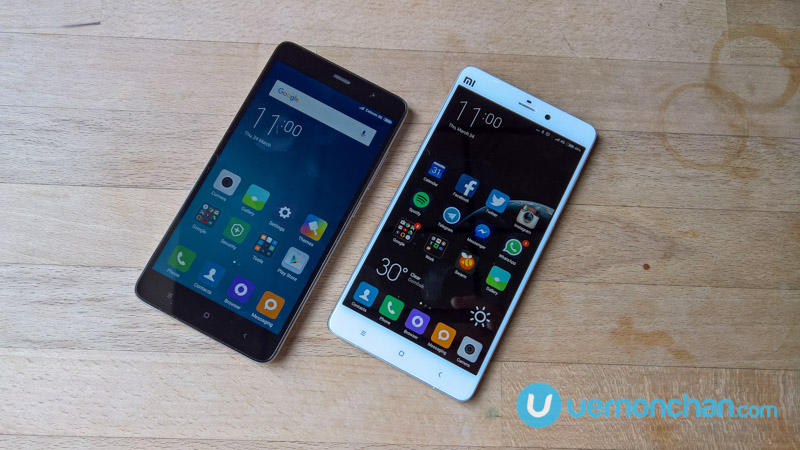
MIUI seems familiar, thanks to the fact that I use a Mi Note on a daily basis. The only difference is that the Redmi Note 3 runs Android 5.1.1 while I’m stuck in the stone ages of KitKat.
Performance is snappy out-of-the-box, and if you’re looking from a passive benchmark point-of-view, it doesn’t disappoint either. Scoring 77,000 at AnTuTu, it beats the likes of the LG G4 and Xperia Z5. In fact, for a ‘budget’ device, performance is rather impressive. While I didn’t get to test it extensively, multitasking and overall user experience is good.
One key factor in choosing a smartphone is the quality of the camera. I feel Xiaomi has consistently delivered a good camera experience, and likewise on the Redmi Note 3, the camera feels good. It’s got a snappy shutter; metering and autofocus is pretty quick too. It lacks OIS, but heck, remember it’s a sub-MYR800 device.
The display is properly sharp and crisp, with a pretty neutral colour balance. Remember there’s Xiaomi’s much-liked Sunlight Display technology that helps the display to adapt to different lighting conditions.
Overall, this is a great step up from the Redmi Note 2, and if you’re looking for a phablet for cheap, this may just be the perfect choice.
Look out for the full review.
Pricing and availability
The Redmi Note 3 comes in three colour options: Silver, Dark Grey, and Gold. The 2GB/16GB variant sells for MYR699, while the 3GB/32GB variant sells for MYR849.
Watch the hands-on first impressions video below:


